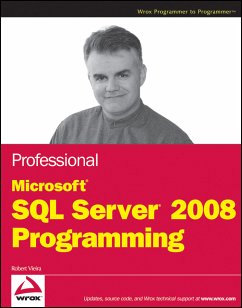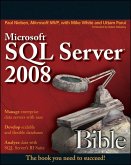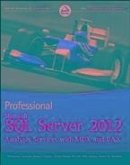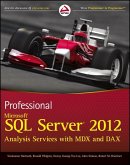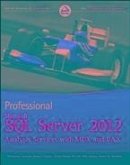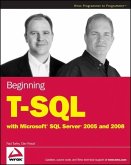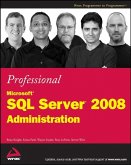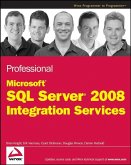This book is written for SQL Server 2008. However, it does maintain roots going back a few versions and looks out for backward compatibility issues with SQL Server 2005 and SQL Server 2000. These versions are old enough that there is little to no time spent on them except in passing. The book is oriented around developing on SQL server. Most of the concepts are agnostic to what client language you use although the examples that leverage a client language general do so in C#. For those who are migrating from early versions of SQL Server, some "gotchas" that exist any time a product has versions are discussed to the extent that they seem to be a genuinely relevant issue. This book assumes that you have some experience with SQL Server and are at an intermediate to advanced level. The orientation of the book is highly developer focused. While there is a quick reference-oriented appendix, there is very little coverage given to beginner level topics. It is assumed that you already have experience with data manipulation language (DML) statements and know the basics of the mainstream SQL Server objects (views, stored procedures, user defined functions, etc.). If you would like to brush up on your knowledge before diving into this book, the author recommends reading Beginning SQL Server 2008 Programming first. There is very little overlap between the Beginning and Professional books and they are designed to work as a pair.
Dieser Download kann aus rechtlichen Gründen nur mit Rechnungsadresse in A, B, BG, CY, CZ, D, DK, EW, E, FIN, F, GR, HR, H, IRL, I, LT, L, LR, M, NL, PL, P, R, S, SLO, SK ausgeliefert werden.

